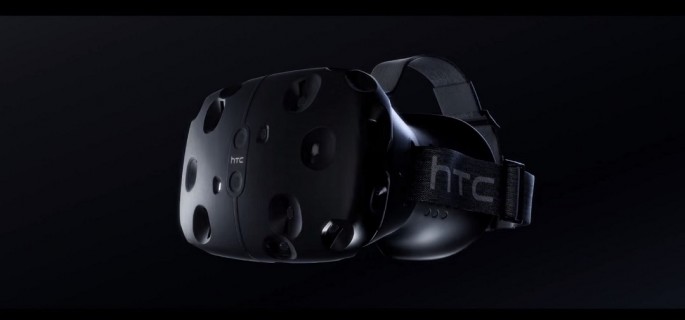Unity Technologies and Valve announce that SteamVR, a suite of tools and services for virtual reality, now has native support for the Unity platform.
SteamVR's native support for the video game development technology means that developers will be able to enhance the graphics of their software at no additional cost. Nearly a third of all game developers already use Unity to create their games, with 5 million developers having registered with the platform.
Speaking at the Vision VR/AR Summit in Hollywood, Calif. John Riccitiello, the CEO of Unity Technologies, told attendees that "Valve and Unity are both dedicated to creating the highest quality VR experiences possible. That means giving developers every possible chance to succeed, and our collaboration with Valve is designed to do just that."
According to TechCrunch, Valve co-founder and managing director, Gabe Newell said that "We made many of our Vive demos using Unity, and continue to use it today in VR development. Through that process, and in working with VR developers, we found some opportunities to make Unity even more robust and powerful for us and really want to share those benefits with all VR content creators."
The announcement is being seen as a big win for for both gamers and Valve. Gamers will be able to play virtual reality games that benefit from Unity's graphics improving technology and Valve may benefit as developers choose to create more games with SteamVR, ultimately resulting in more sales of its upcoming Vive headset, which the company is developing with Chinese company HTC.
The partnership between SteamVR and Unity also follows several other big reveals in the VR space. According to Ars Technica, the HTC Vive's rival headset, the Oculus Rift, will also ship with four months of free access to Unity Pro, with Oculus Rift creator Palmer Luckey telling attendees of the Vision VR/AR Summit that he would like "everyone to start creating apps using Unity. They can start thinking about being a creator, not a consumer."
Moreover, Epic Games recently announced that its own Unreal Engine platform will be getting some VR related updates of its own, with specifics set to be revealed at the annual Game Developers Conference next month.



























